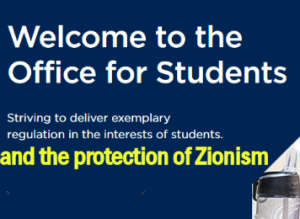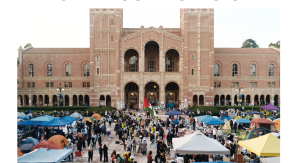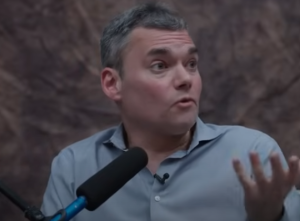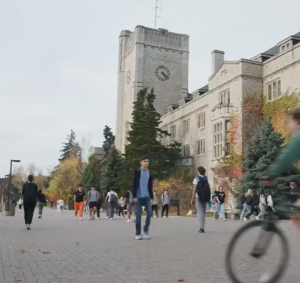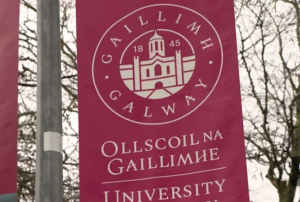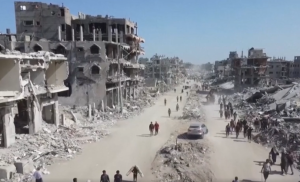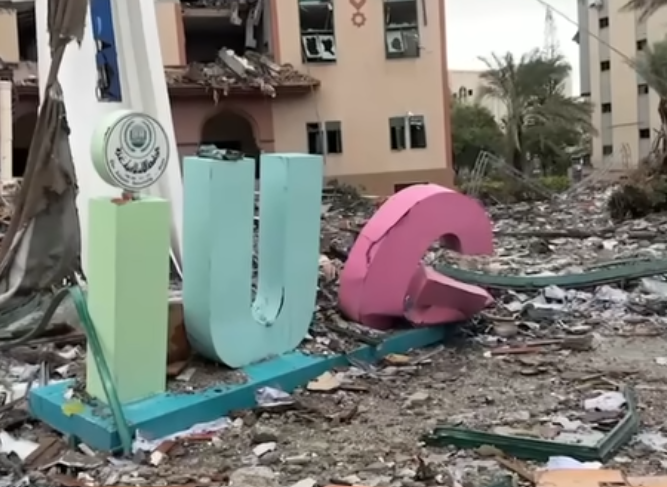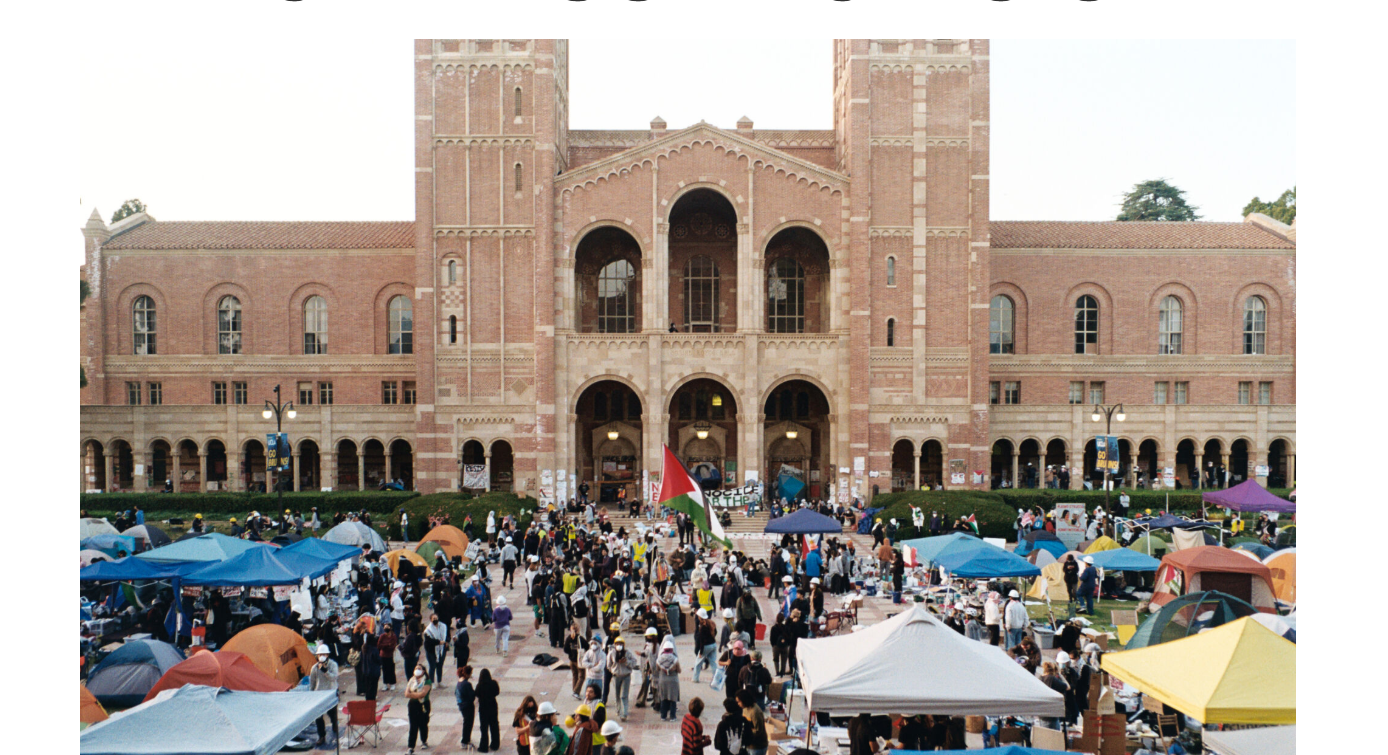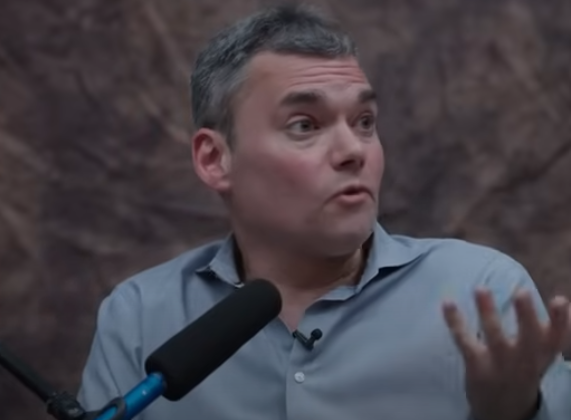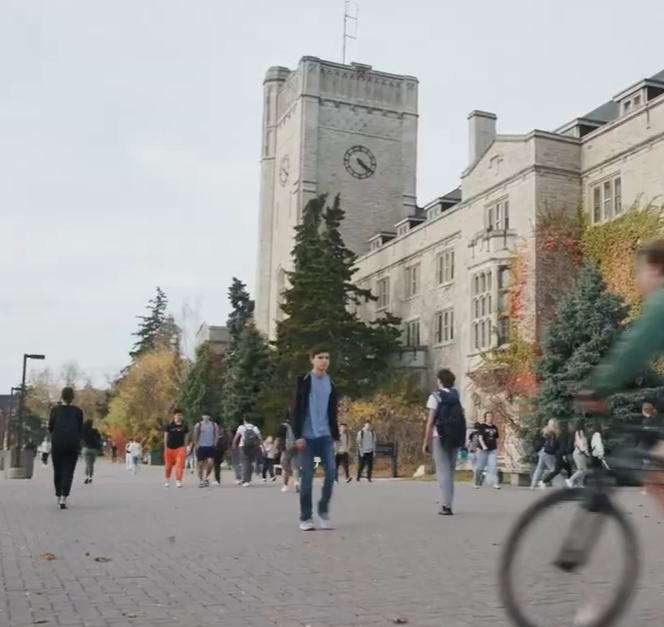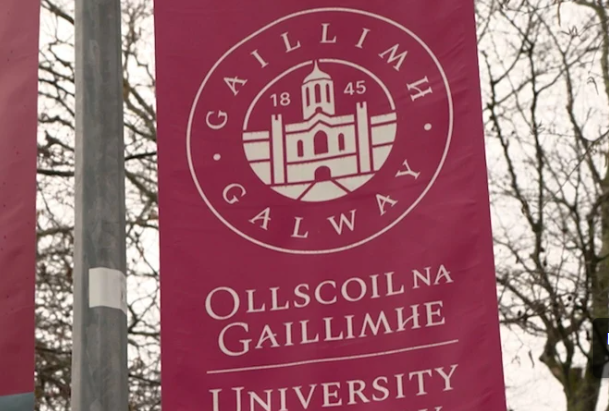9 November 2025
For Palestinians, the importance of education can scarcely be overstated. This is partly because they possess practically no other resource than their own human ingenuity to sustain the economic life of their besieged communities. But equally it is because education alone can sustain their traditions, history and culture, their national aspirations and their ability to resist Israeli oppression. No doubt this is also why Israel has destroyed practically every university structure in Gaza since October 2023. But what it cannot do is destroy the spirit of the universities and the commitment of surviving administrators, faculty and not least students to restore them to life, as this account of the Islamic University of Gaza (IUG), originally published in The Palestine Chronicle, vividly illustrates.
‘Serving the Community’: Life at the Islamic University of Gaza before the War
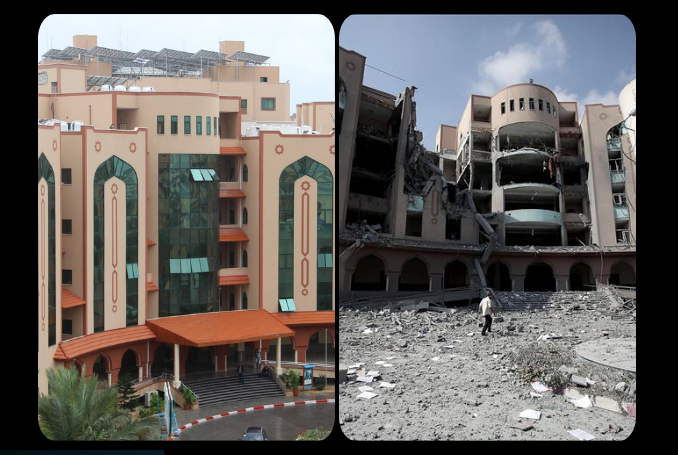
The Islamic University of Gaza had 20 research centers and offered 169 academic programs and 11 faculties prior to the indiscriminate Israeli bombing and destruction. Palestinians are determined to entirely reconstruct this illustrious University.
Right in the center of Gaza City, a building with sand-colored walls and caramel-colored columns and roofs and mirrored blue windows housed the Islamic University of Gaza (IUG). About 17,000 students – 62 percent of them women and many with physical, visual, or hearing disabilities – attended classes, studied in the central library, and developed projects in more than 200 science laboratories and 75 computer rooms.
This description is part of the memory of Dr. Amani Ahmed Al-Mqadma, head of the IUG’s International Relations Office, who told the Palestine Chronicle and the A Nova Democracia newspaper, by email, what the institution was like before the Israeli bombings that totally or partially destroyed all 16 buildings on the University’s central campus. “It was a beautiful building, standing proudly among large green areas.”
IUG was founded in 1978 as an independent academic institution, supervised by the Ministry of Higher Education. “Today, it has 20 research centers and offers 169 academic programs and 11 faculties: medicine, engineering, information technology, health sciences, sciences, arts, education, nursing, administration, Shari’a and law, and Islamic studies,” explains Al-Mqadma. Approximately 90,800 students have graduated from the college since its founding.
“Engineering is one of the University’s most prominent fields. The college began offering training in civil engineering and architecture in 1992 and 1993 and, today, has departments of electrical, computer, mechanical, environmental, and artificial intelligence engineering.” For Al-Mqadma, one of the most prominent projects was the Wave Energy Station, developed by the Center of Excellence for Renewable Energy. With international partnerships, IUG engineers built a structure on the Gaza coast capable of converting wave motion into energy.
The station is a modest power plant installed in one of Gaza’s ports. There, four metal arms welded by Gaza engineers connect to red structures that resemble little ship noses. As the waves crash, the metal structure moves, generating kinetic energy that is converted by the rest of the machinery, generating up to 10 kilowatts. “This will potentially be implemented even into a bigger station at different locations, both locally and globally, in the future”, says the website of the project.
‘Sense of Collective Purpose and Pride’
Al-Mqadma is currently pursuing her PhD at the University of Edinburgh in Scotland. She had planned to travel between Scotland and the Gaza Strip to conduct PhD research on Palestinian women, with support from the Council for at-Risk Academics (Cara), but the idea was put on hold by the outbreak of war in Gaza. Before that, she worked at the IUG Engineering Center and then performed administrative duties in the Department of International Relations.
Al-Mqadma’s routine began at 8 a.m. “I would clock in and start my administrative work – planning, reporting, and aligning our department’s goals with the University’s strategic vision,” she says. Everything was methodical. “At the end of the year, achievements were publicly recognized, creating a strong sense of collective purpose and pride.”
Twice a week, Al-Mqadma taught part-time classes to female students. “Meeting them twice a week was one of the highlights of my routine; their questions, curiosity, and laughter brought the University to life. Those were days of hope and purpose,” she says.
Building Bridges and Overcoming Challenges
Even before the war, life at IUG was not easy. “Seventeen years of blockade and siege caused a shortage of resources and weakened institutional capacities,” says Al-Mqadma. “Our University had difficulty paying staff salaries, and families in Gaza could not always afford to educate their children.”
That is why the task of the IUG’s International Relations Department was strategic. “We built the office to establish international partnerships and collaborations,” says Al-Mqadma. But challenges arose. “We couldn’t travel, we couldn’t meet our partners, and we couldn’t participate in project launches and conferences abroad.”
Then technology came into hand, and the result was good. “We became experts in telecollaboration and, through persistence and creativity, we managed to build IUG’s international profile, even though we were never physically present in our partners’ countries,” says Al-Mqadma. Al-Mqadma collaborated with 23 universities in Europe, the West Bank, and regional universities, despite never having been able to visit them until 2019, when she made his first international trip to participate in Erasmus+ at the University of Glasgow in Scotland.
Other researchers, however, remain restricted. “The blockade not only restricts travel, but also interrupts the natural flow of production and exchange of knowledge. Technology helps, but it cannot replace the depth of physical interaction,” says Al-Mqadma. At conferences and universities, it is normal for researchers to exchange ideas, form partnerships, and share work during coffee breaks and intervals between lectures. It is a time for those excited about their work to talk freely and for those who are exhausted from talking about their research to listen for a while. But not for Palestinians. “It is a paradox. We are globally connected, but physically trapped.”
After the war, even technology fails. The Palestine Chronicle and A Nova Democracia contacted chemist Rami Morjan of IUG and received an enthusiastic response from him to participate in an interview, although he warned that he might have difficulty communicating due to the current instability of the internet in Gaza. Unfortunately, we had no further contact with the professor.
‘Keen on Supporting My People and My Institutions’
Prof. Dr. Adnan Al-Hindi is an olive-skinned gentleman with a neatly trimmed white mustache and medium-length, dark gray hair, carefully combed from right to left. Wearing a blue-striped dress shirt and a light-colored sweater, he recounts his long years of study and work at IUG.
A graduate of IUG, he earned his master’s degree from the University of Khartoum in Sudan in 1995 and returned to IUG as a lecturer of Medical Parasitology around the same time. By 2010, he had already earned two PhDs in Medical Parasitology and Tropical Medicine, one in England and the other in Egypt, where Prof. Al-Hindi was upgraded to Professor in 2104.
. Since 2019, he has been working at the University of Glasgow, also with support from Cara, but continues to work as a volunteer professor and researcher at the IUG Medical School and Faculty of Health Sciences.
For him, a fundamental characteristic of teaching in Gaza is engagement with the community.
“At one point, we sent students to hospitals and schools to talk about the importance of basic hygiene, such as the proper way to wash their hands and how to prevent infections. In another project, we brought Palestinian women together in schools to discuss toxoplasmosis, an infection that can cause miscarriage in pregnant women,” he says. A 2025 study revealed that 27.9 percent of Palestinian women tested positive for the presence of the Toxoplasma gondii parasite in their bodies.
“This is our vision as Palestinian scientists: to serve our community,” argues Al-Hindi. “My team and I always strive to serve the people and solve relevant health problems in the Gaza Strip,” he says, researching the existence of parasites in the soil, water, and animals of Gaza.
In recent years, he has published articles on the genomic characterization of the Cryptosporidium parasite in sludge produced at wastewater treatment plants in Gaza, the prevalence and risk factors associated with intestinal parasites among sanitation workers in Gaza City, and anti-Toxoplasma gondii antibodies in the most commonly consumed poultry in the region.
Time for Reconstruction
Today, 12 of the 16 buildings on the IUG’s central campus in Gaza City have been completely destroyed, and four have suffered severe damage. The second campus, which housed the Faculty of Medicine and the Turkish Hospital University Hospital, has been completely destroyed. The Khan Yunis campus in the south had two buildings; both have been badly damaged.
But the overall structure of the sand-colored building with caramel-colored details remains, despite the piles of rubble on the balconies and roof and the lack of mirrored glass. Recalling pre-war times, Al-Mqadma describes IUG as “a place of structure and beauty – a haven of order in a chaotic environment.” Even after more than two years of war, it is possible to say that this description remains true. The mission now is to rebuild, something that Palestinians are already accustomed to. “During my time at IUG, we have already had to rebuild several laboratories due to the aggression,” recalls Al-Hindi.
The IUG was just one more target in Israel’s two-year genocidal war on Gaza – among 68,000 dead, 9,500 wounded, and 92 percent of homes destroyed. The coming years will be a new chapter in Palestinian resilience, in which families will rebuild themselves, homes will be rebuilt, and the IUG will be rebuilt as the proudly constructed building it once was.
(The Palestine Chronicle)
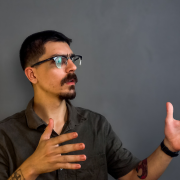
– Enrico Di Gregorio is a Brazilian journalist. He currently writes for A Nova Democracia and contributed this article to The Palestine Chronicle.

